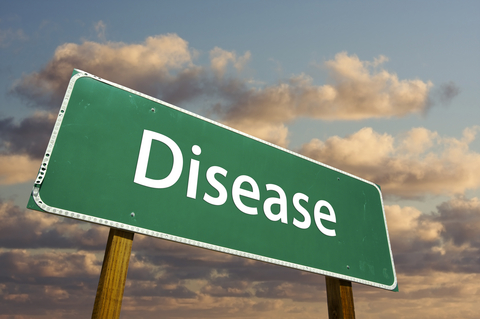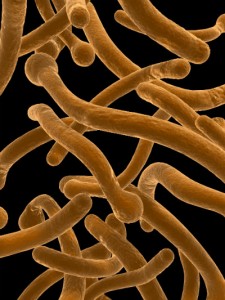 Please join me for my webinar replay interview of my guest Jillian Burne, NTC, CHHC, AADP in which we discuss ways of healing Hashimotos Thyroiditis. Sign up below to listen to the webinar replay:
Please join me for my webinar replay interview of my guest Jillian Burne, NTC, CHHC, AADP in which we discuss ways of healing Hashimotos Thyroiditis. Sign up below to listen to the webinar replay:
Jillian has become my go-to practitioner for understanding Hashimotos Thyroiditis, which is the most common cause of low thyroid function. However, most doctors fail to diagnose it and treat it properly.
Jillian Burne educates clients on how the body works, what it needs to function optimally, and how to navigate today’s challenging food climate for better health outcomes.
She uses a combination of nutrition and medical diagnostics to get to the root of a client’s health issues. Creating custom diet and lifestyle programs to effectively target weaknesses and rebuild health from a foundational stand point.
Jillian’s Story:
A chance encounter with a functional medicine doctor led to blood work that revealed she has a condition called Hashimotos Thyroiditis.
In an effort to understand what that really means she started researching autoimmune, the role of nutrients and food in regard to the immune system, as well as supplements and alternative therapies for treatment.
The knowledge she gained empowered her to reverse her condition. Now she’s focused on helping others do the same.
![[Webinar Signup] What Is the Body Ecology Diet? An Interview with Donna Gates Body Ecology Diet: An Interview with Donna Gates](https://www.mariarickerthong.com/wp-content/uploads/2013/11/Donna-Gates-and-Body-Ecology-Diet.jpg) Donna Gates is the developer of the Body Ecology Diet, a gut-healing diet that can be used to recover symptoms of autism, ADHD, autoimmune diseases, hormonal imbalances and more.
Donna Gates is the developer of the Body Ecology Diet, a gut-healing diet that can be used to recover symptoms of autism, ADHD, autoimmune diseases, hormonal imbalances and more. In the fall of 2013, I attended “
In the fall of 2013, I attended “
 Methylation is a subject that keeps coming up again and again for my sons and myself. It’s one of those all-encompassing issues like toxicity or gut dysbiosis because so many diseases and conditions are linked, directly or indirectly, to it or rather, a lack of it.
Methylation is a subject that keeps coming up again and again for my sons and myself. It’s one of those all-encompassing issues like toxicity or gut dysbiosis because so many diseases and conditions are linked, directly or indirectly, to it or rather, a lack of it. Great. Not only is triclosan, the drug in many anti-bacterial hand sanitizers and soaps, an endocrine disruptor (it damages your thyroid and hormonal system) and a pesticide (it kills your good gut flora), but now
Great. Not only is triclosan, the drug in many anti-bacterial hand sanitizers and soaps, an endocrine disruptor (it damages your thyroid and hormonal system) and a pesticide (it kills your good gut flora), but now  Learn how toxins and lifestyle factors contribute to autism, PDD-NOS, ADHD, sensory processing disorder, hypotonia, retained reflexes and developmental delays.
Learn how toxins and lifestyle factors contribute to autism, PDD-NOS, ADHD, sensory processing disorder, hypotonia, retained reflexes and developmental delays.

 Flame retardants are endocrine disruptors found in almost all new furniture. They are linked to autism, ADHD, developmental delays, hypothyroidism and more. Dust tainted by the couches and other household items is “a major route of exposure to people.”
Flame retardants are endocrine disruptors found in almost all new furniture. They are linked to autism, ADHD, developmental delays, hypothyroidism and more. Dust tainted by the couches and other household items is “a major route of exposure to people.” 

